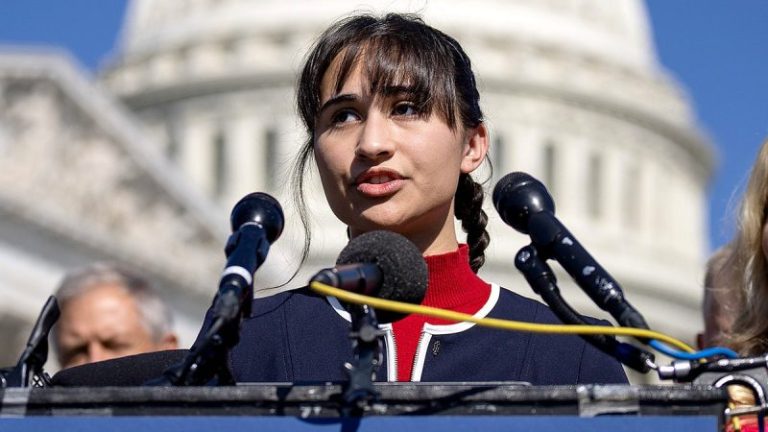
The UK government is set to unseal a first batch of key documents relating to Peter Mandelson’s appointment as ambassador to the U.S., MPs were told Monday.
The disclosure, set for ‘early March,’ follows a Commons motion ordering the release of files related to Mandelson’s vetting for the post and comes in the wake of his arrest on suspicion of misconduct in public office.
‘The government expects to be able to publish the first tranche of documents very shortly, in early March,’ Darren Jones, chief secretary to Prime Minister Keir Starmer, told the House of Commons.
‘I should, however, inform the House that it remains the case that a subset of this first tranche of documents is currently subject to the ongoing Metropolitan Police investigation,’ he said.
Jones added that ‘a small portion of that material engages matters of national security or international relations’ and would be handled through the Intelligence and Security Committee, in line with the will of the House.
As previously reported by Fox News Digital, a Metropolitan Police spokesperson confirmed in a statement Monday that officers had arrested a 72-year-old man at an address in Camden and took him to a London police station for questioning.
The arrest follows revelations about Mandelson’s links to convicted sex offender Jeffrey Epstein and comes days after former Prince Andrew was detained.
The investigation relates to allegations that Mandelson shared confidential government information with Epstein while serving as business secretary.
Police had opened a criminal inquiry after the government passed on communications between the former ambassador and the disgraced financier.
Emails released by the U.S. Department of Justice also appeared to show Mandelson sharing market-sensitive information with Epstein during the 2008 financial crisis.
Mandelson has denied wrongdoing and said he does not recall the alleged disclosures and apologized to Epstein’s victims for maintaining contact with him after his conviction.
On Feb. 4, Starmer told the Commons: ‘I’m as angry as anyone about what Mandelson has been up to. The disclosures … are utterly shocking and appalling. He has betrayed our country. He has lied repeatedly. He is responsible for a litany of deceit.’
Starmer later said that if he had known then what he knows now, Mandelson ‘would never have been anywhere near government.’
Mandelson, an architect of New Labour, was appointed U.S. ambassador before being dismissed in September 2025 as scrutiny over his links to Epstein intensified.
He resigned from the Labour Party and stepped down from the House of Lords.
As U.S. ambassador, Mandelson scored an early victory by ensuring Britain was the first country to agree to a deal with the U.S. to lower some of President Donald Trump’s tariffs, but was fired a few months later.
Starmer has also faced calls to step down over Mandelson’s appointment, Reuters reported.






















